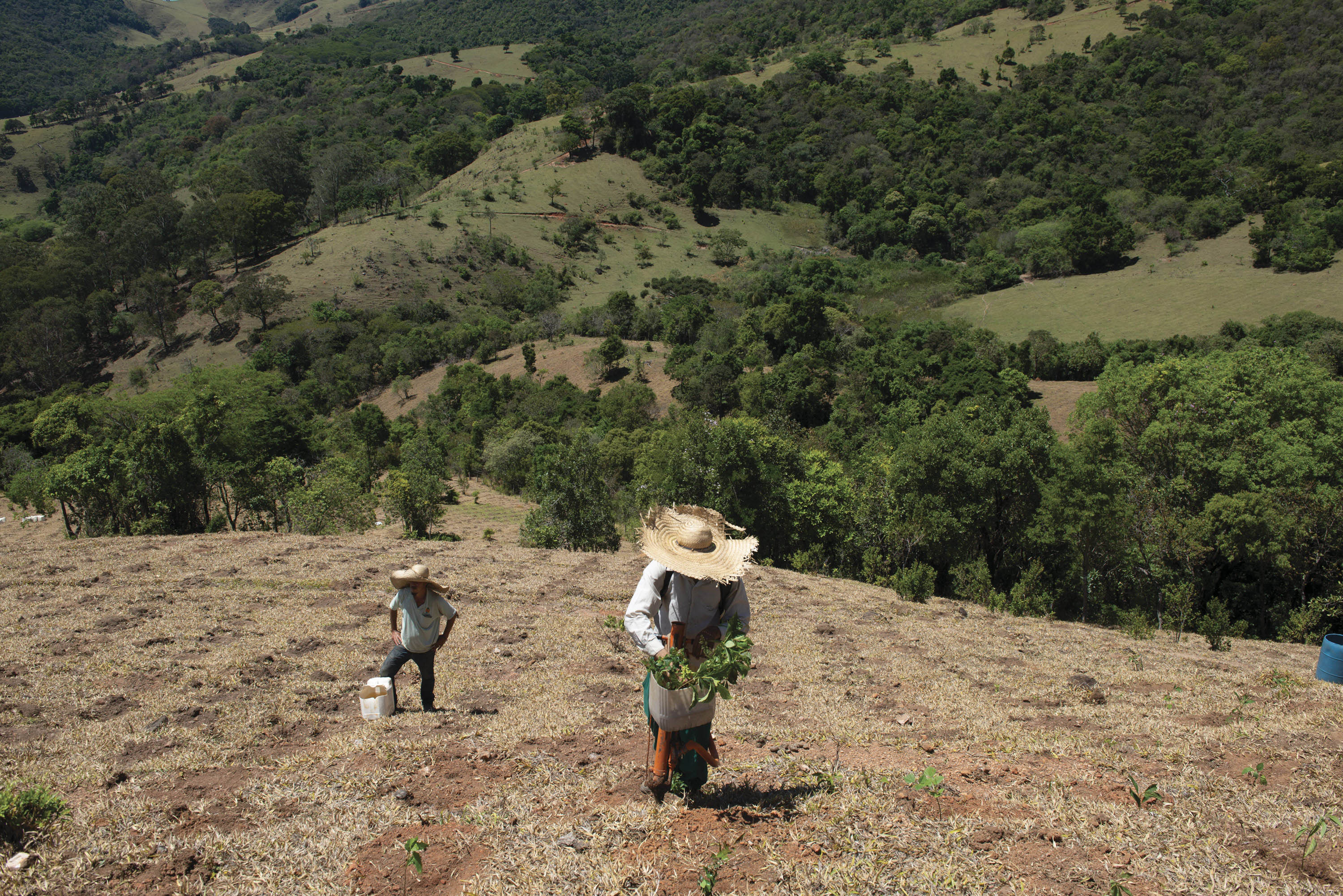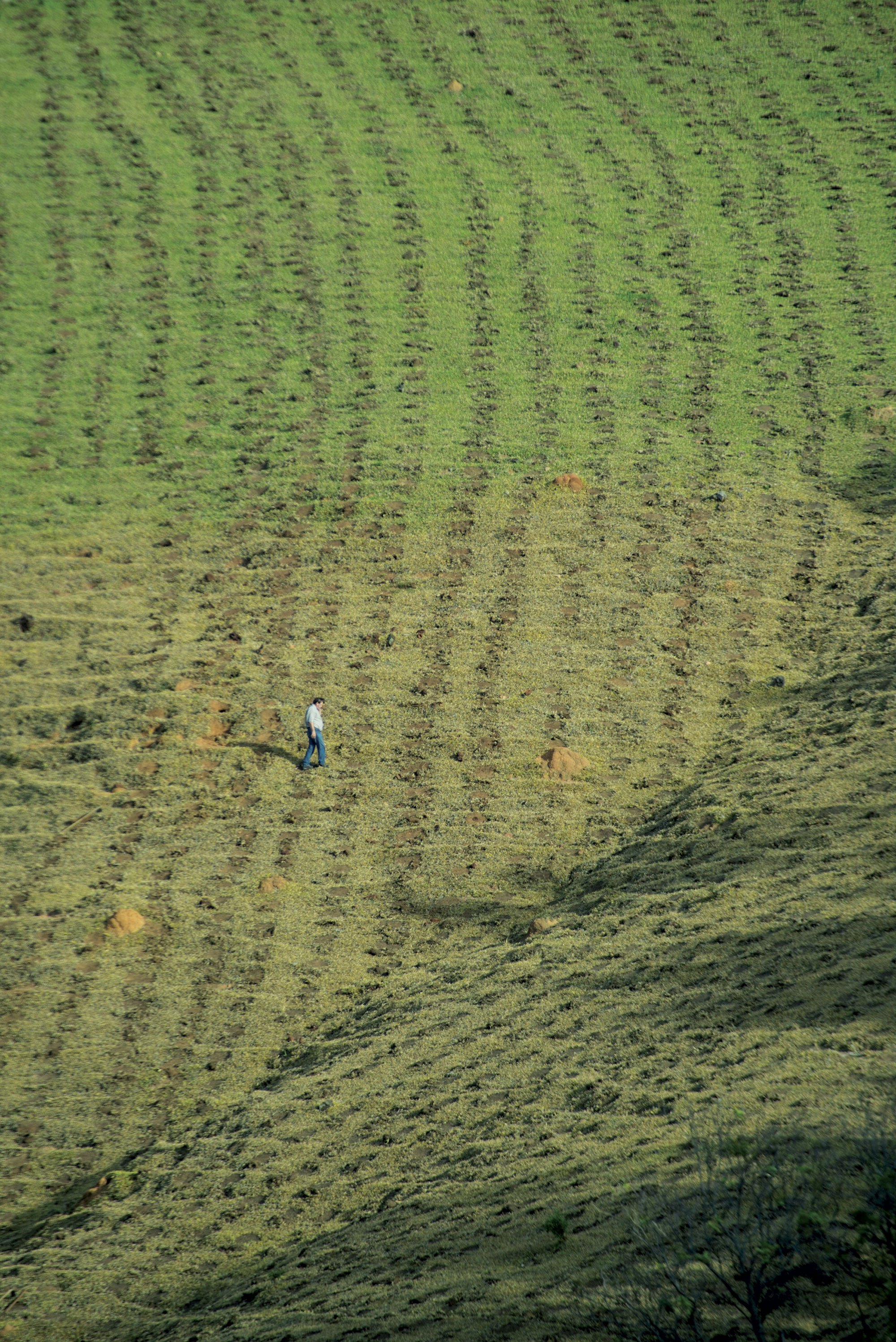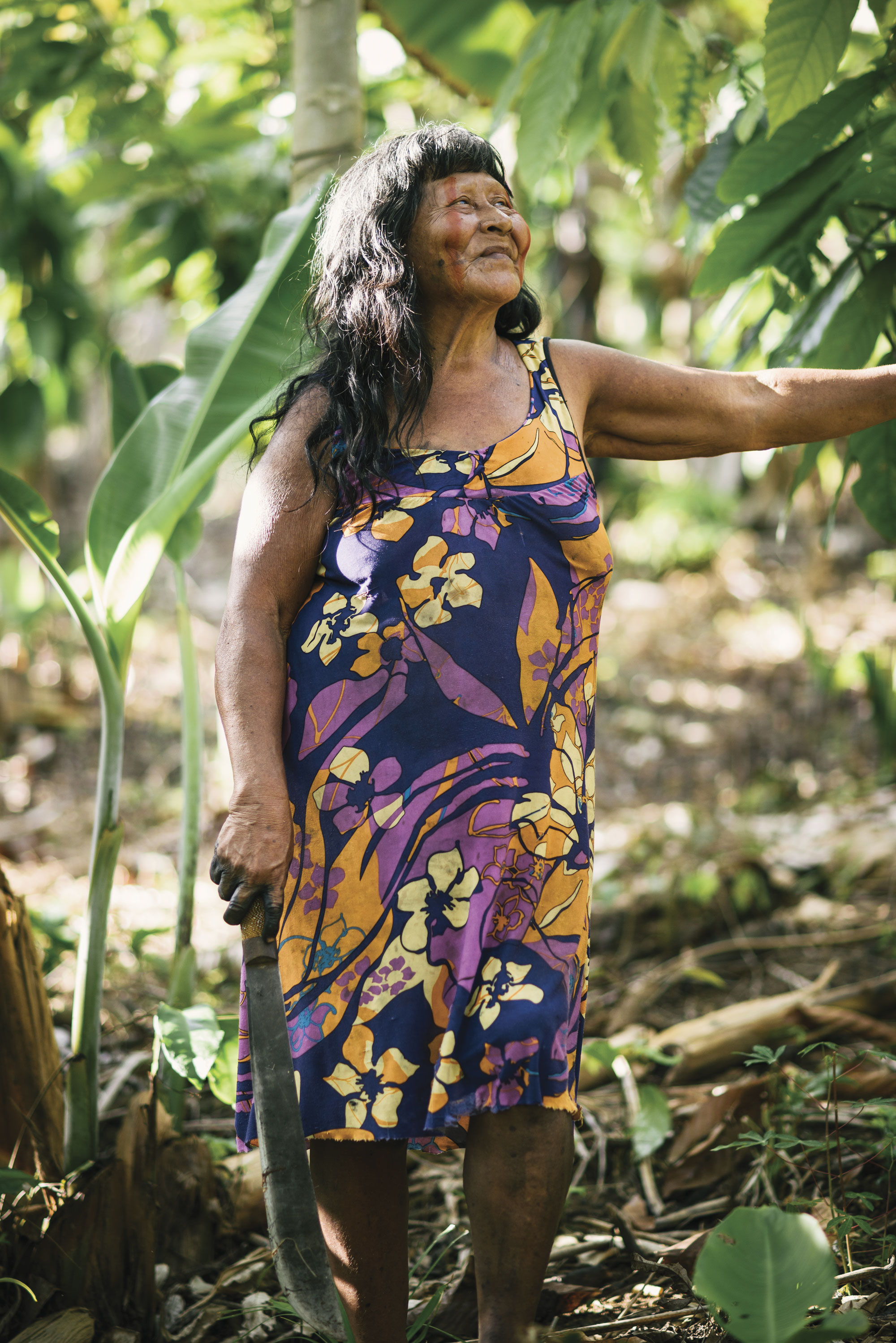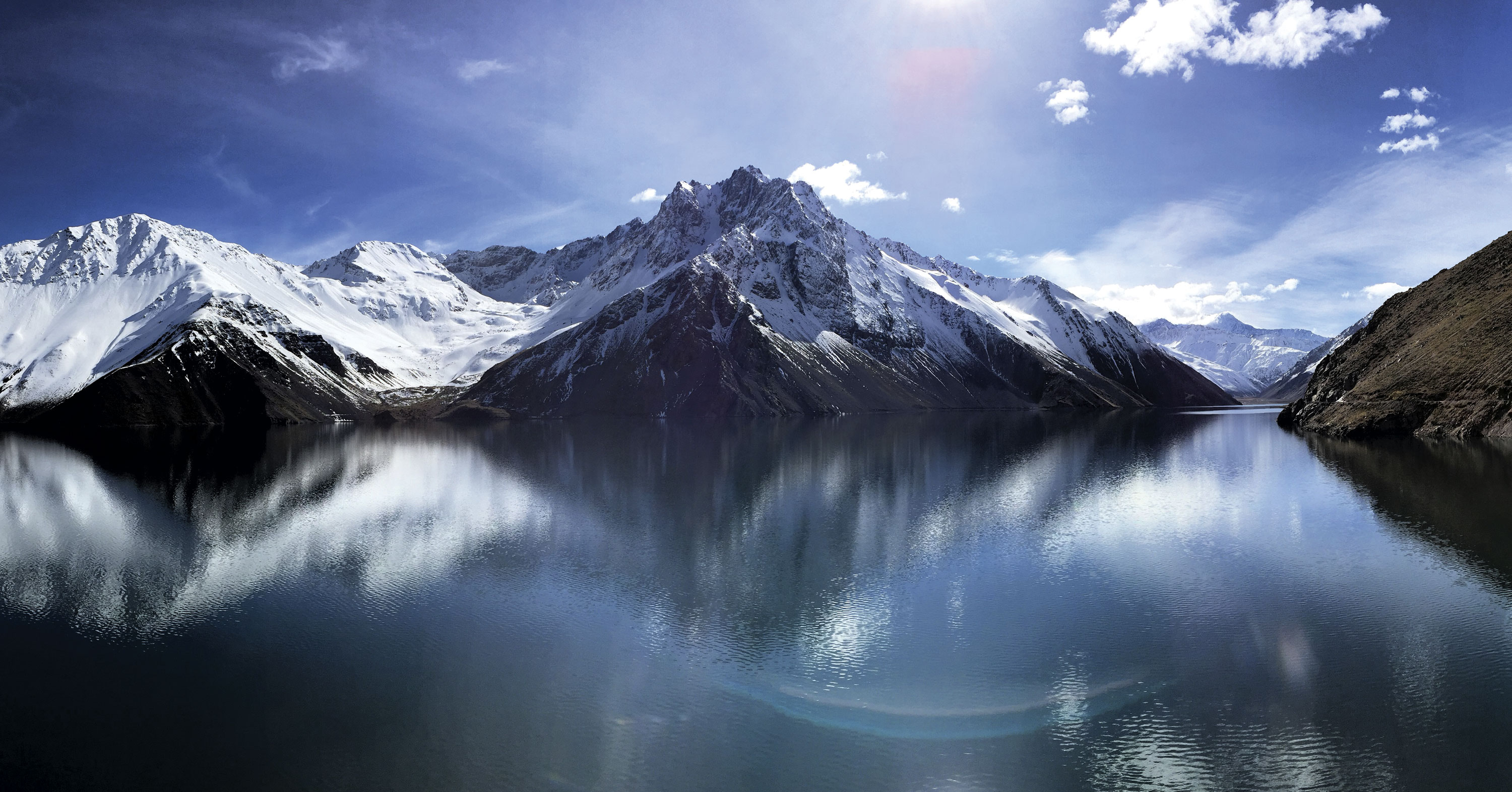Faced with an uncertain future and limited resources, where should governments invest to ensure the well- being of their citizens? Job development for struggling rural economies? Better infrastructure to shore up water security? Preparing communities to adapt to a changing climate?
All these economic, political and environmental challenges are pressing issues, and they are deeply interconnected. The deterioration of natural resources, such as fresh water and fertile soil and climate change effect health, wealth, inequality and migration, threatening social and political stability.
The connection between these challenges also points a way forward. Stopping deforestation and planting trees at scale is one of the most effective, scientifically-proven measures that governments can take right now to address multiple challenges.
A powerful case in point comes from work TNC has been supporting in Brazil’s Mantiqueira mountains. The rolling green hills of the Serra da Mantiqueira rise above Brazil’s eastern seaboard, stretching over parts of the country’s most populated and economically important states: Sao Paulo, Rio de Janeiro and Minas Gerais. Mantiqueira is nestled within the Atlantic Forest, one of the most biologically diverse and most vulnerable regions on the planet. Translated from the original indigenous Tupi language, Mantiqueira means “weeping mountains,” in reference to the abundant rivers and springs they harbor that to our indigenous ancestors, resembled and brought forth the image of tears. Today, these rivers are part of systems that provide water and energy to millions of people in Brazil’s largest metropolitan centers.
Quote: Paulo Henrique Pereira
I believe in people. People can make a difference for the environment. People can change policies, can change practices. People can transform the world.

Despite its ecological riches, the history of the Mantiqueira region is a classic tale of widespread environmental destruction in the name of economic progress. Nearly 80% of land cover has been lost from hundreds of years of deforestation, driven predominantly by unsustainable agriculture, cattle ranching and urban development.
Yet, Mantiqueira’s future could lead the way for the emerging global restoration movement. Here, TNC is working with partners to incentivize sustainable production alternatives such as agroforestry, and kick-starting a new “restoration economy” that can transform land use by linking sustainable producers to viable markets, thereby easing the pressure to cut down forest. Our work in Mantiqueira brings together stakeholders from 284 Brazilian municipalities to build a forest restoration network to address water security, sustainable development and climate change. The resulting 3 million acres of forest will help Brazil meet 10% of its national forest restoration commitment under the Paris Climate Agreement, potentially sequestering 260 million tons of carbon dioxide out of the atmosphere over 30 years—the equivalent of the emissions of more than 55 million cars. Our partnerships will also help secure water for city dwellers, transform rural economies and help protect endangered species.


